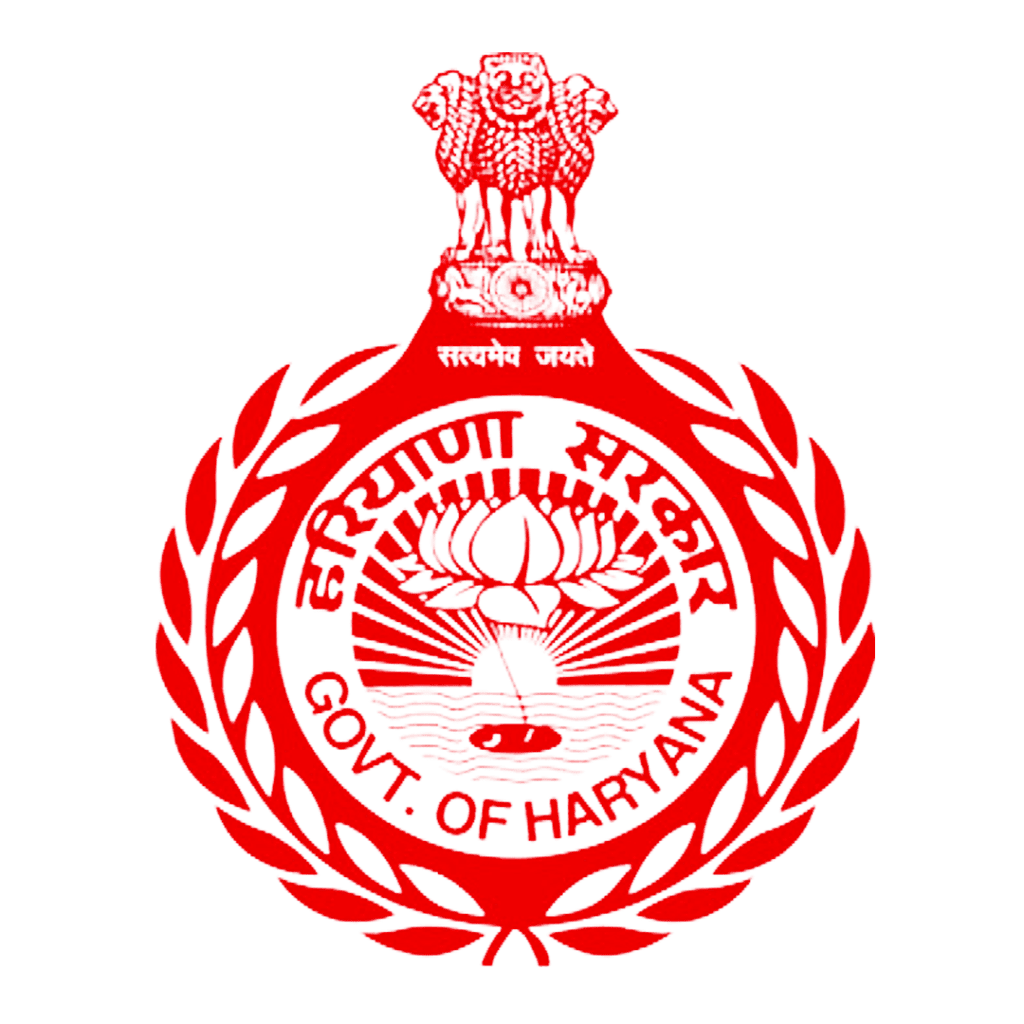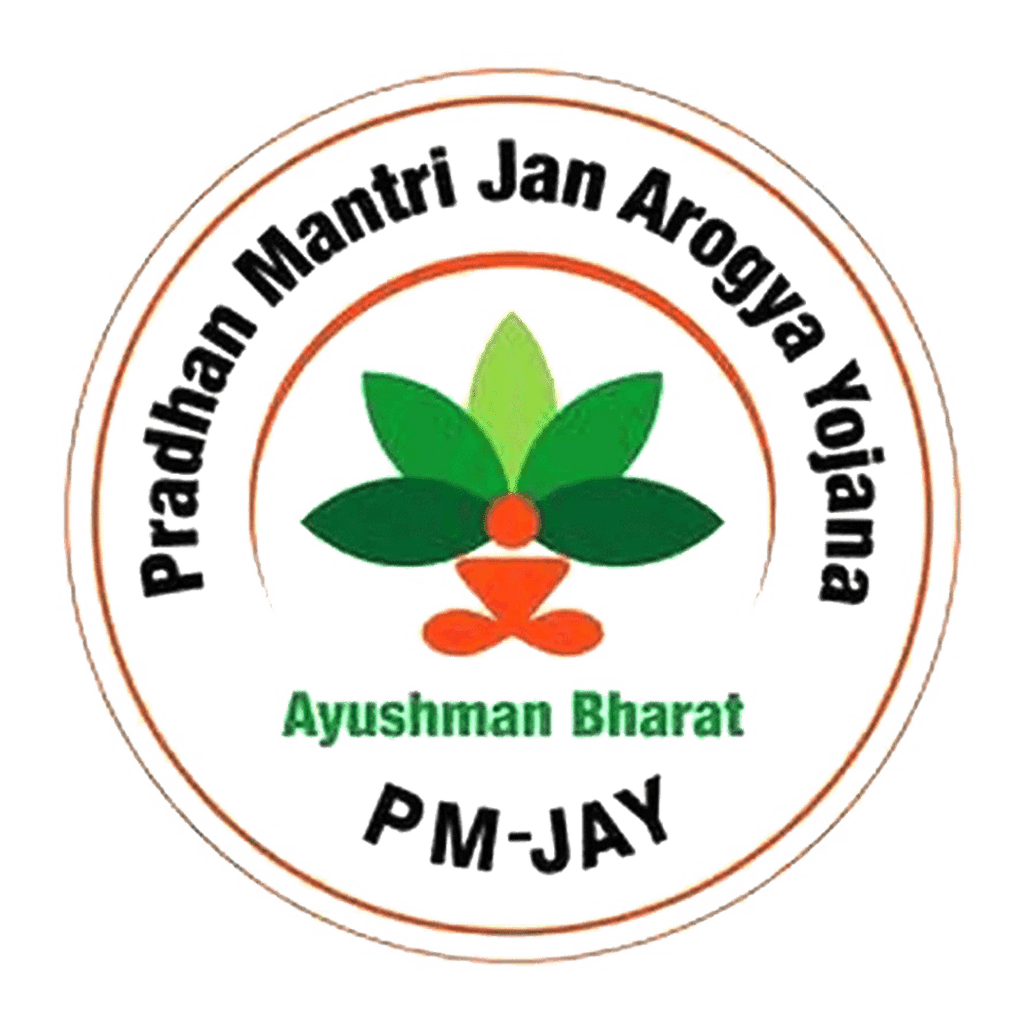SPORTS INJURIES
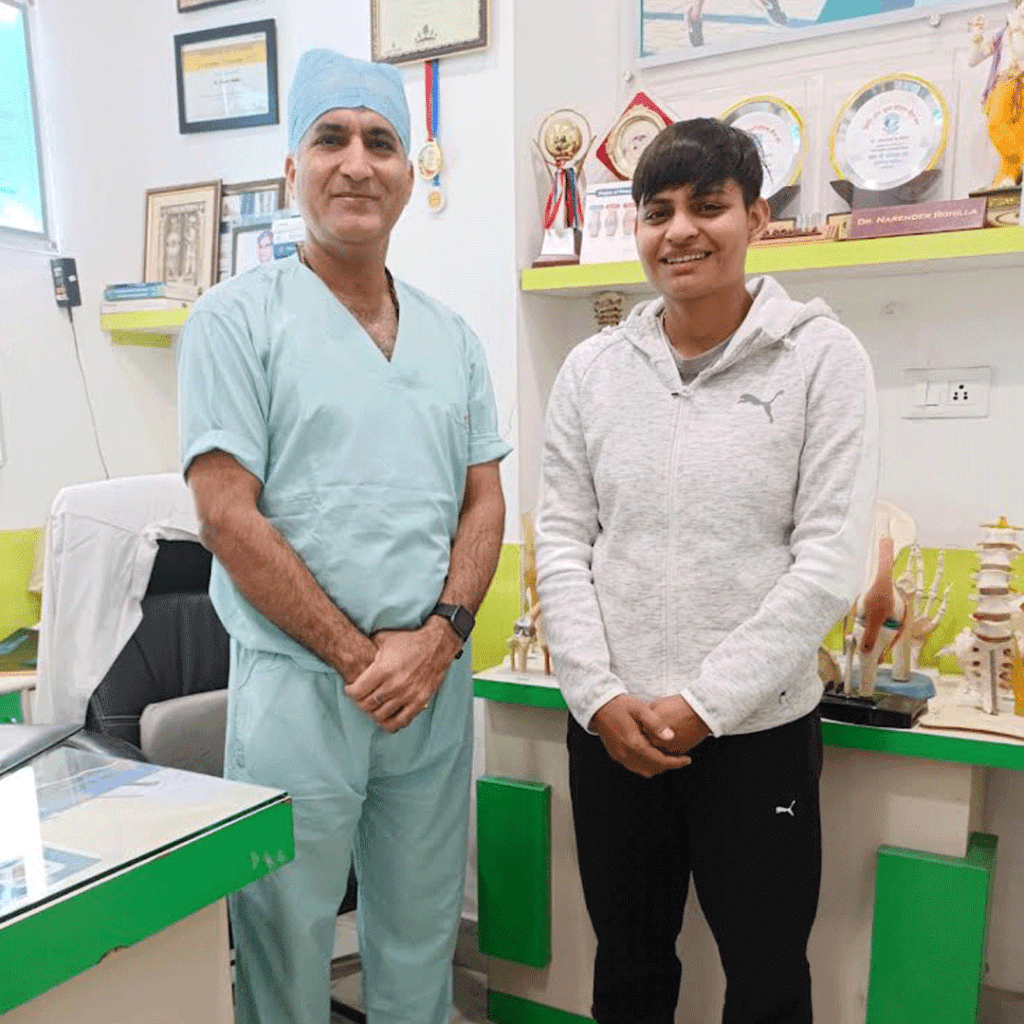
Our Approach
As part of our philosophy, we prioritise conservative treatments such as over-the-counter pain medications and physiotherapy. However, some injuries require professional medical intervention, including immobilisation, physical therapy, and surgery.
We are happy to address any questions you may have regarding sports injuries and treatments at Sanjeevni Plus Hospital
Causes of Sports Injuries?
- Accidents or falls.
- Poor exercise habits
- Lack of proper safety equipment
- Ill-fitting shoes and inadequate support.
- A sudden increase in physical activity
Prevention
- Stay hydrated.
- Learn proper techniques.
- Rest when needed
- Gradually increase activity levels.
- Warm up, stretch, and cool down.
- Use appropriate gear.
Symptoms
- Aches, pain, or tenderness.
- Bruising
- Deformity in bones
- Reduced range of motion
- Cracking or popping noises.
- Warmth in the affected area
- Stiffness, Swelling and Weakness.
- Difficulty in moving
Commonly Injured Body Parts
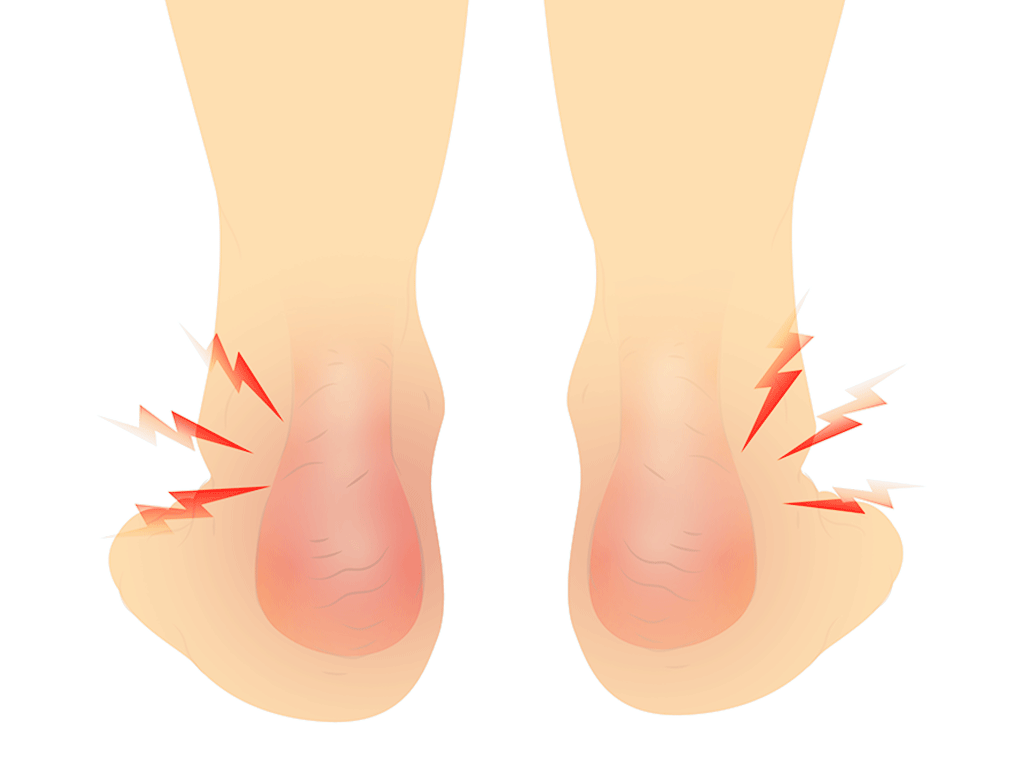
Achilles tendon
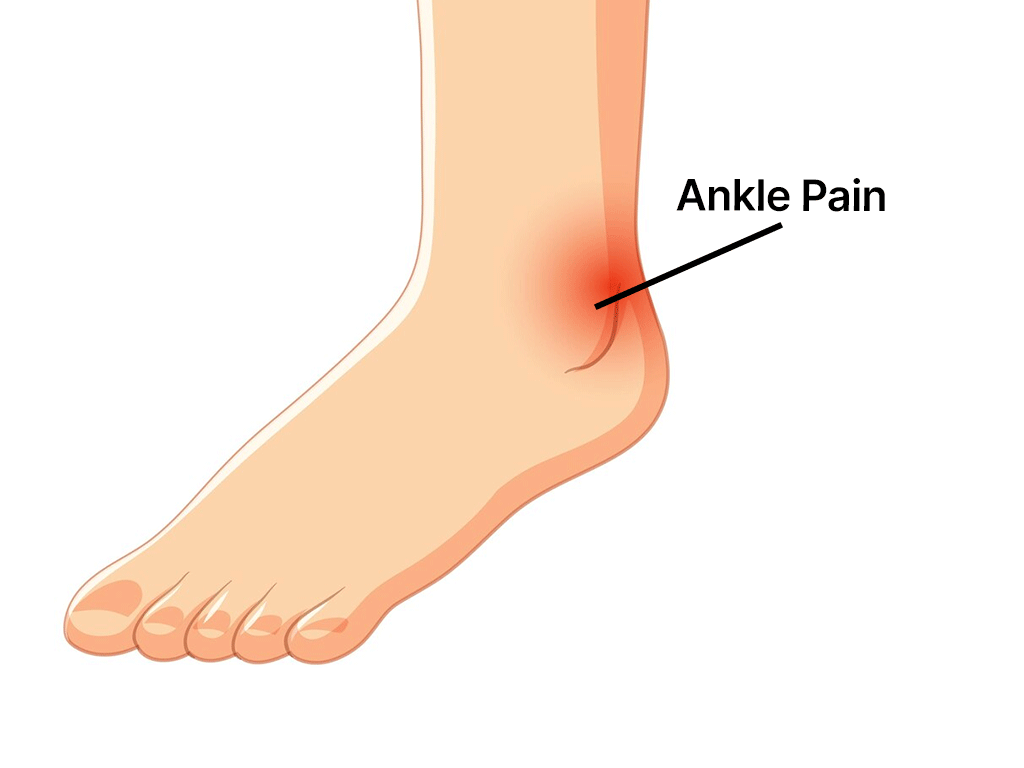
Ankel
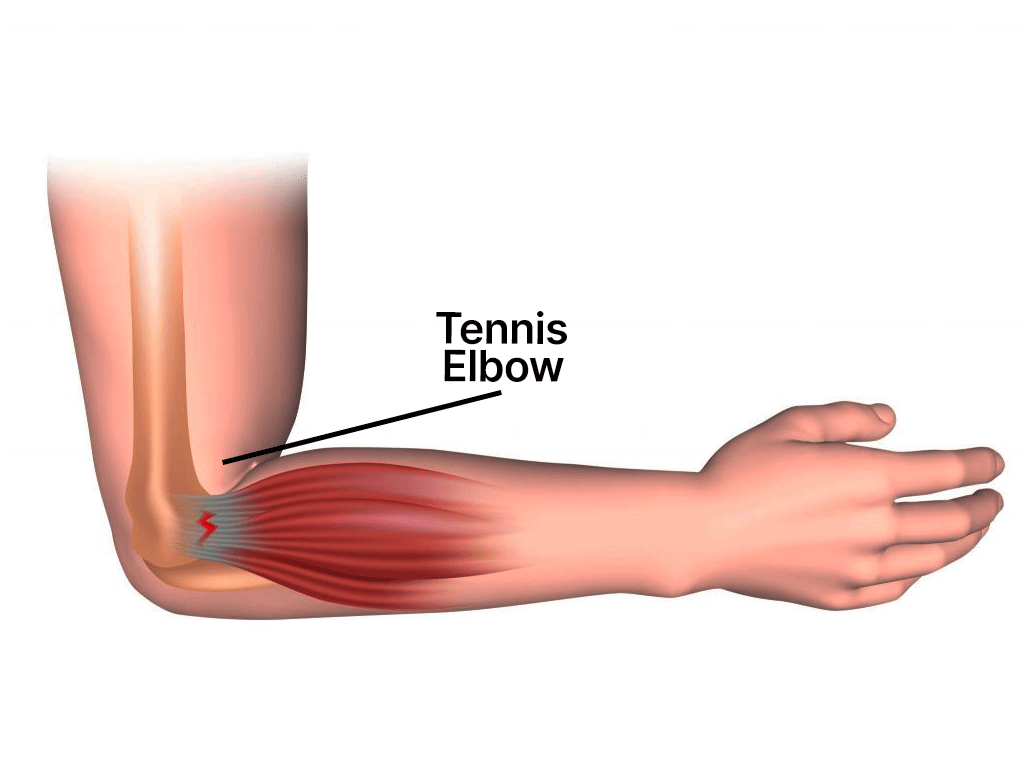
Elbow
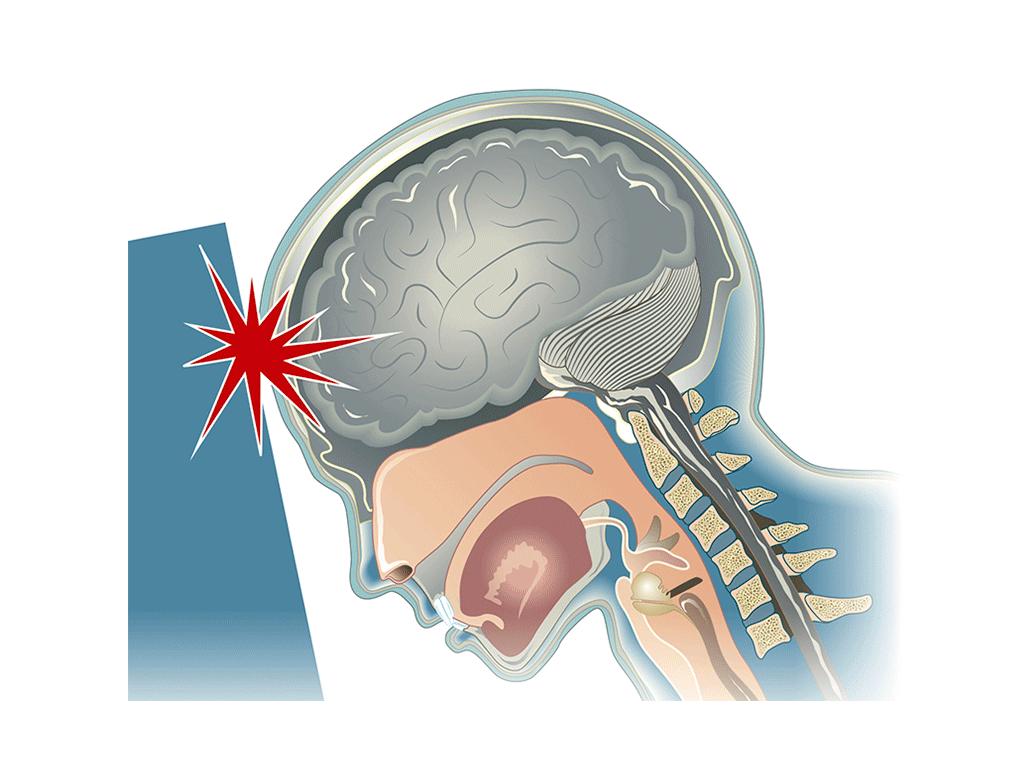
Head
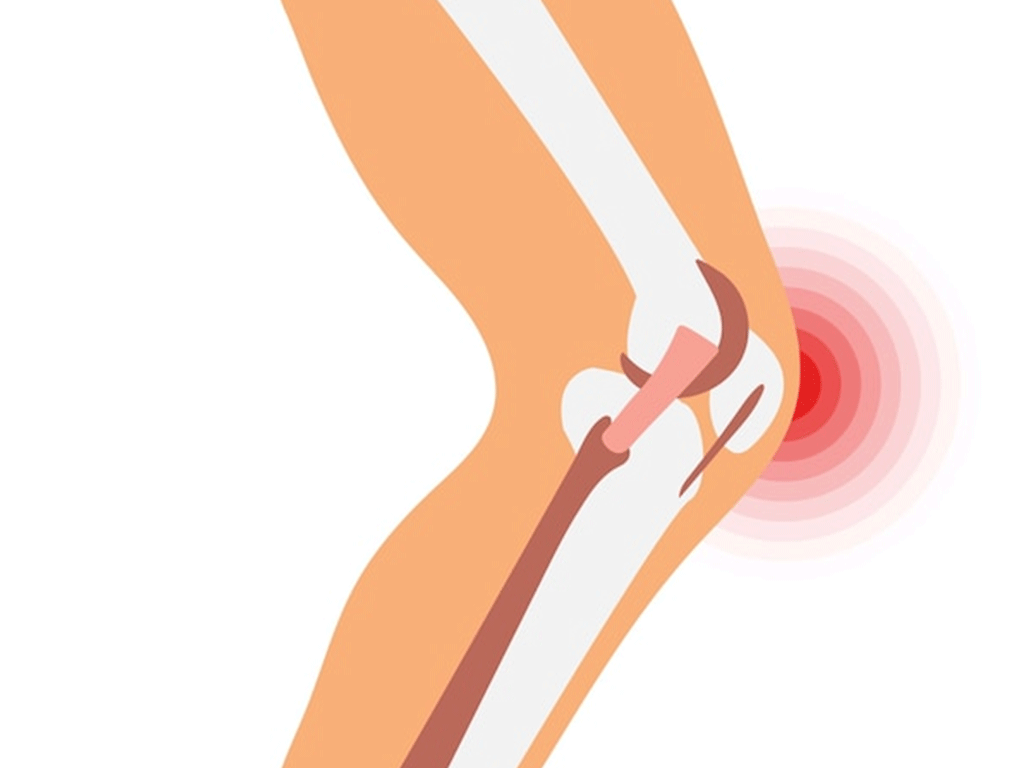
Knee
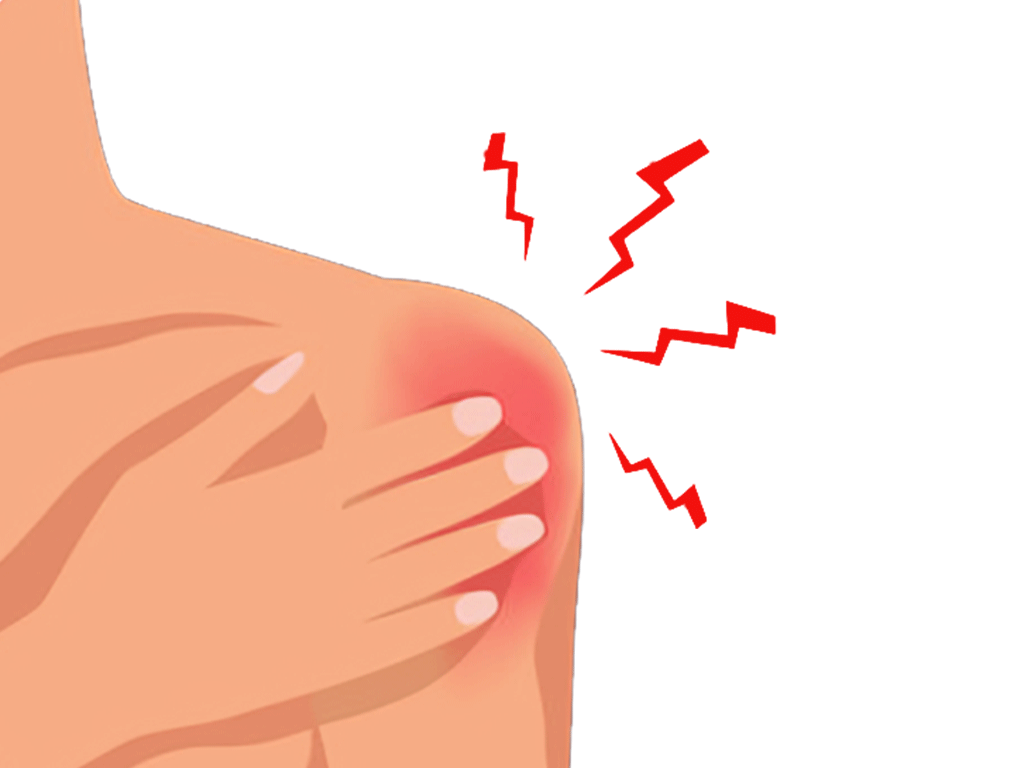
Shoulder
Our Advice in Case of an Injury
Acute sports injuries occur suddenly during activities. Examples include sprains, strains, fractures, and dislocations. Immediate steps can help manage the injury effectively:
- Stop Activity Immediately: Cease any activity to prevent further damage.
- Apply the RICE Method:
- Rest: Avoid using the injured area.
- Ice: Apply ice packs to reduce swelling and pain.
- Compression: Use an elastic bandage to provide support and decrease swelling.
- Elevation: Elevate the injured limb to reduce swelling.
- Seek Professional Medical Attention: If the injury is severe, such as fractures or dislocations, visit a medical professional immediately.
Chronic Sports Injuries:
Chronic sports injuries develop over time due to overuse or repetitive stress. Common examples include tendinitis, shin splints, and stress fractures. Here’s how to manage them:
- Recognize Early Symptoms: Pay attention to persistent pain, swelling, or discomfort during or after activities.
- Modify Activities: Reduce or modify activities that cause pain. Cross-train with low-impact exercises to maintain fitness while avoiding aggravation.
- Use Proper Equipment: Ensure you use appropriate gear and footwear to provide adequate support.
- Apply Heat Therapy: Use heat packs to soothe sore muscles and improve blood flow.
- Seek Professional Evaluation: Consult a medical professional for an accurate diagnosis and treatment plan, which may include physical therapy or other interventions.
Treatment varies based on the injury’s type and severity. Minor injuries often heal with home care, but serious injuries may require:
- Immobilisation with a cast or splint.
- Injections to reduce swelling and pain.
- Prescription medications.
- Surgery for fractures or torn ligaments/tendons.
- Physical therapy to strengthen and heal the injured area.
Sanjeevni Plus Hospital’s Approach:
At Sanjeevni Plus Hospital, we follow a patient-centric approach for both acute and chronic sports injuries:
- Initial Assessment: Comprehensive evaluation to determine the extent and nature of the injury.
- Conservative Management: We prioritise non-invasive treatments such as over-the-counter pain medications, physiotherapy, and lifestyle modifications.
- Advanced Interventions: For severe injuries, we provide advanced medical treatments, including immobilisation, physical therapy, and surgical options when necessary.
- Rehabilitation and Prevention: Post-treatment, we focus on rehabilitation to restore function and implement preventive strategies to avoid recurrence.
When to Seek Medical Attention
- Persistent pain that affects movement.
- Severe swelling or bruising.
- Inability to use the injured area.
- Obvious deformity
Types of Sports Injuries
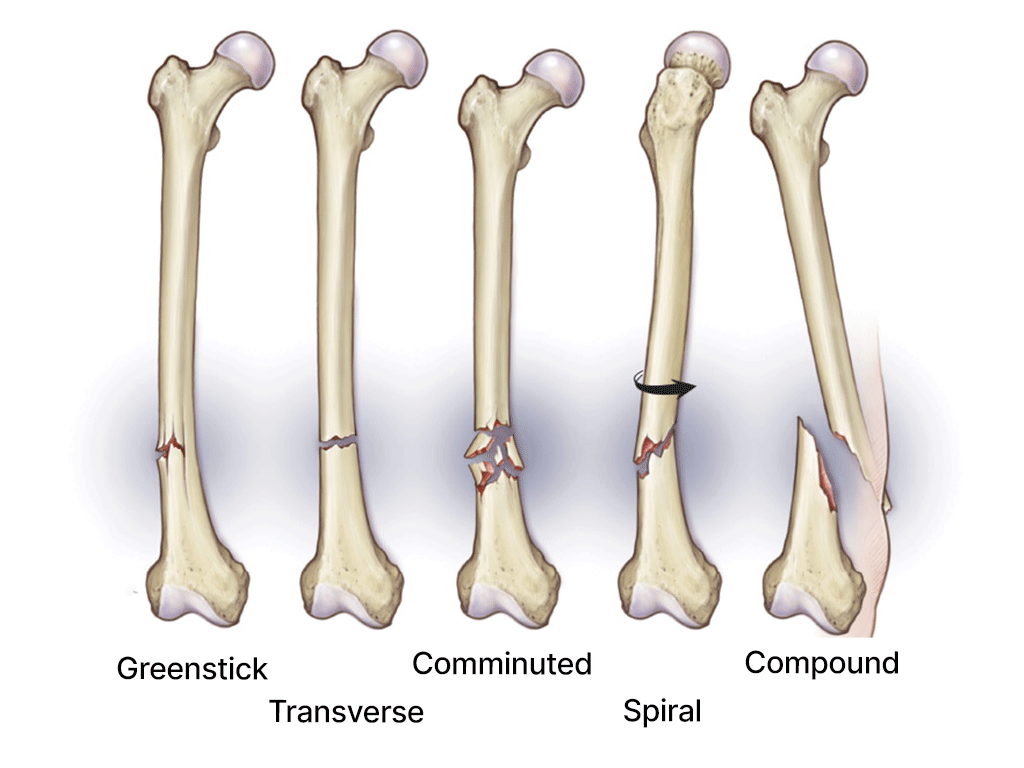
Broken bone
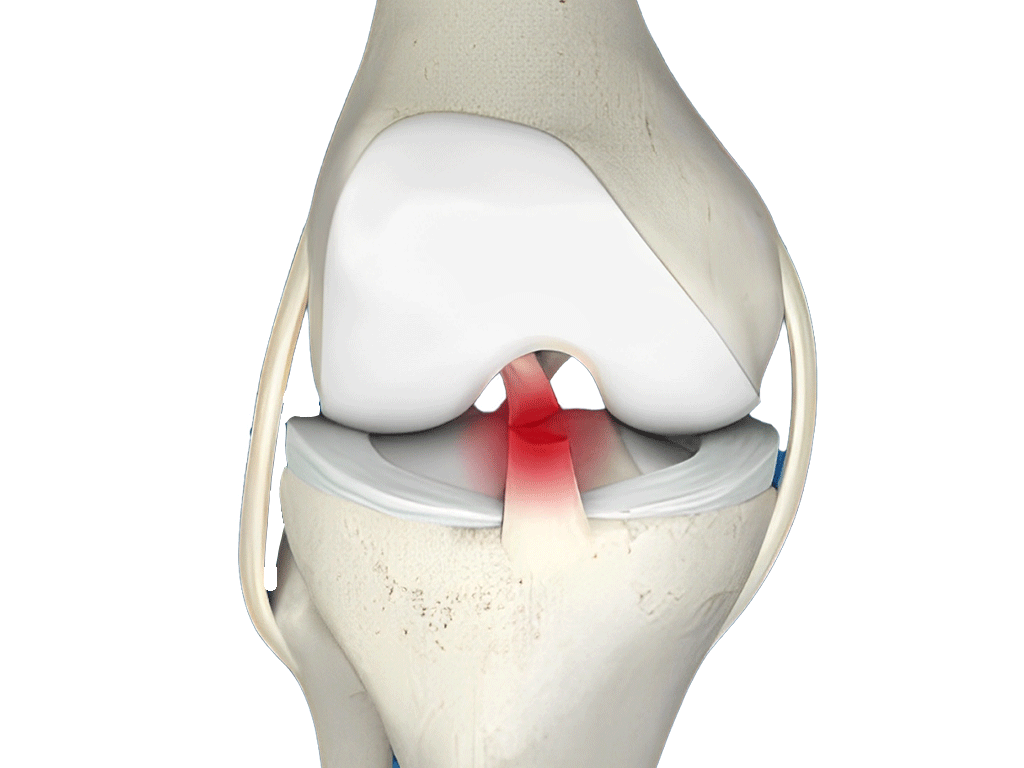
Cartilage tear
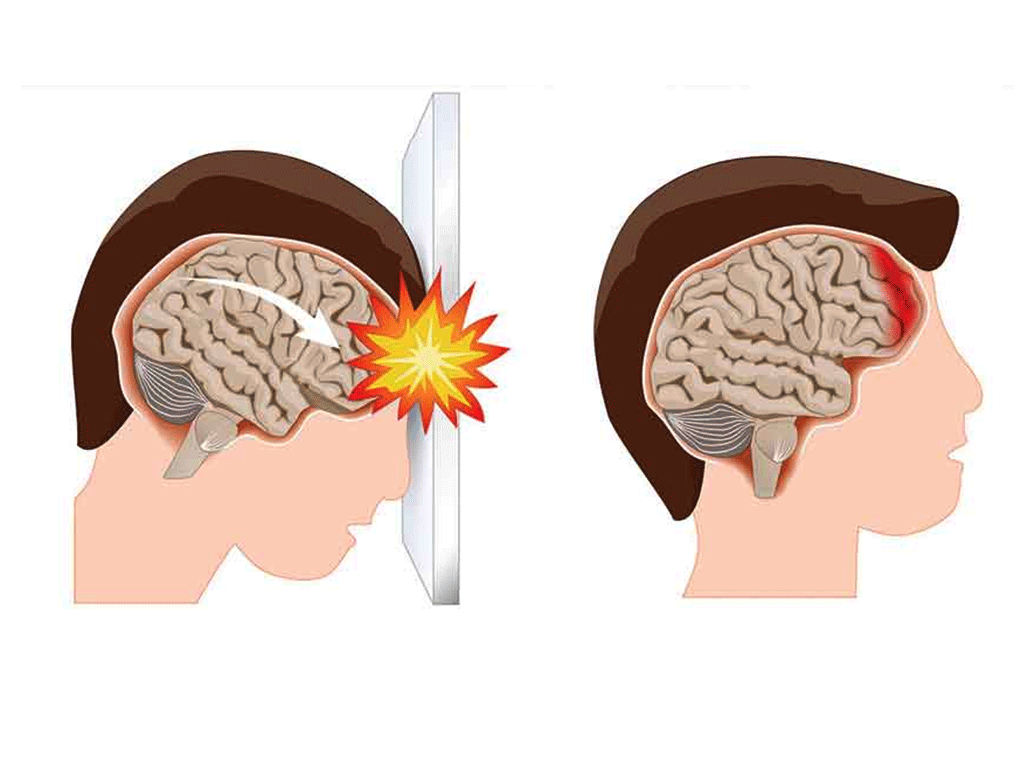
Concussion
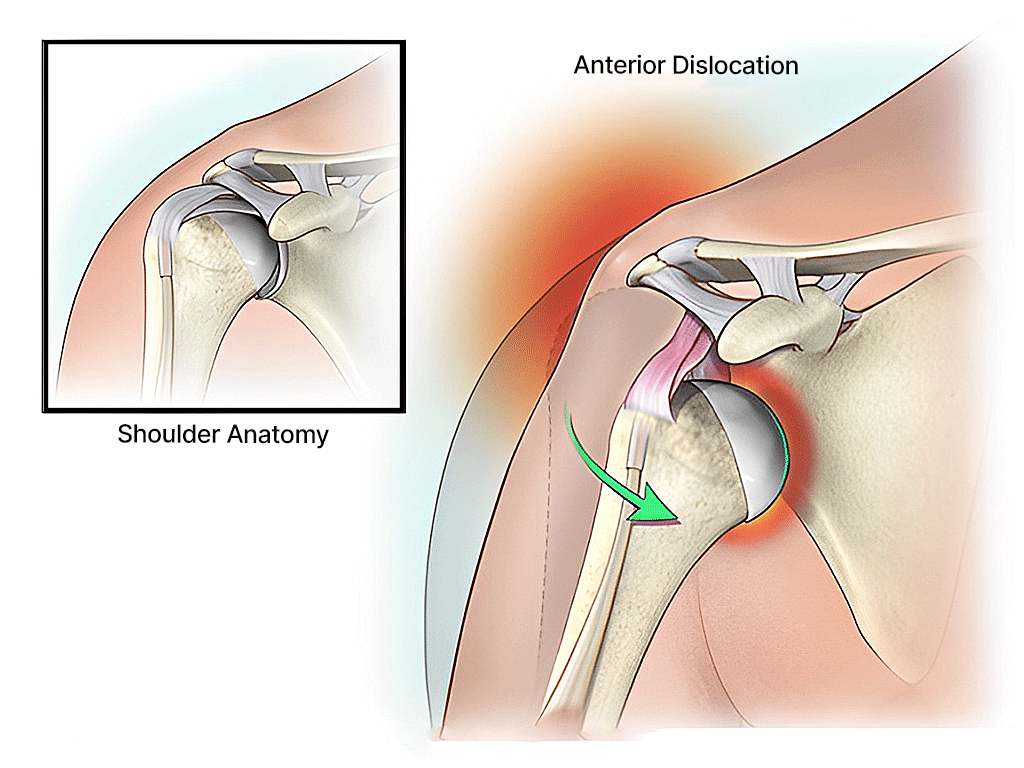
Dislocation
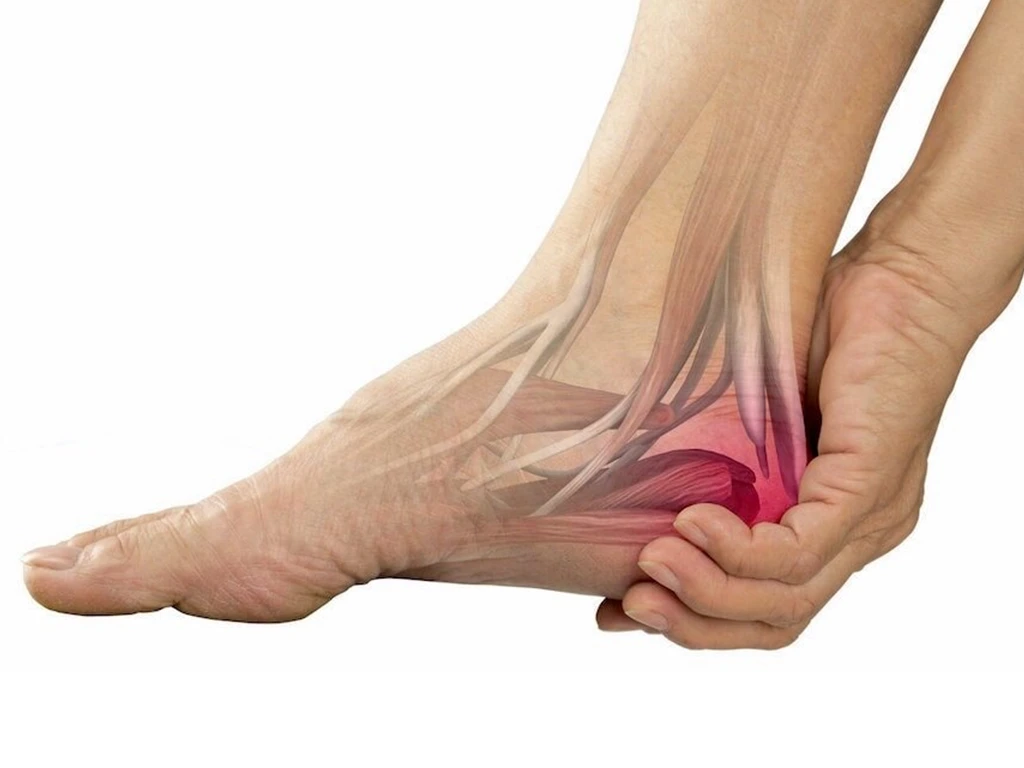
Tendinitis
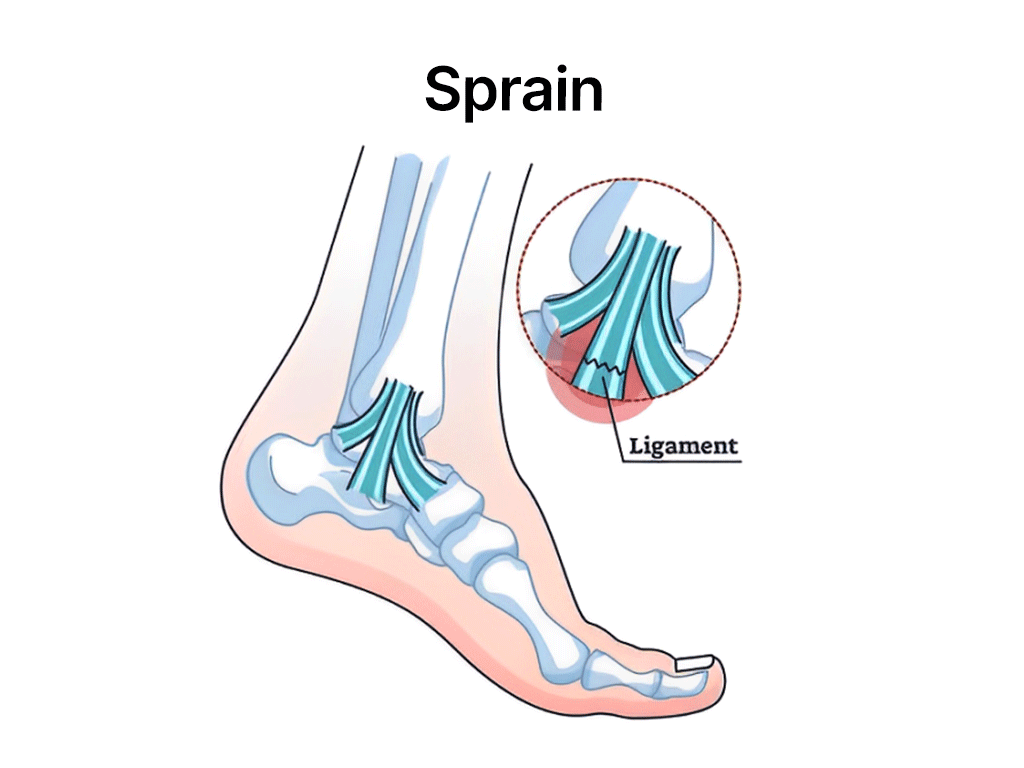
Sprains
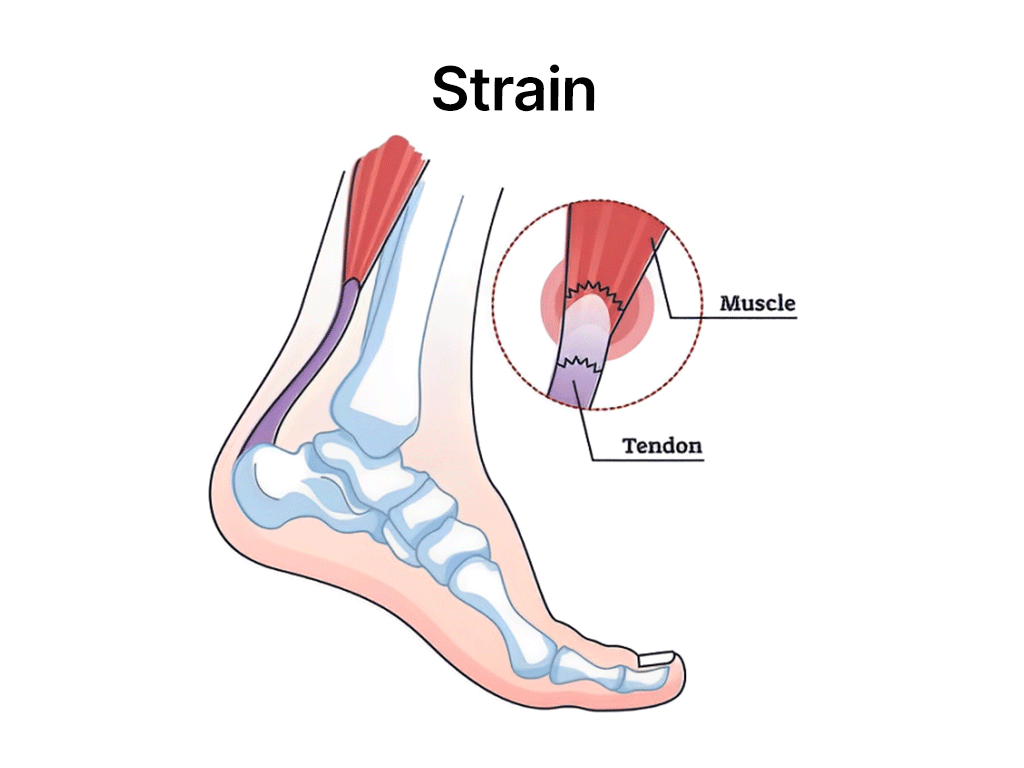
Strains
About Us
We take pride in delivering exceptional patient care at Sanjeevni Plus Hospital, co-founded by Dr. Narender Rohilla and Dr. Jitender Rohilla. With over 16 years of experience, Dr. Narender Rohilla is a highly qualified orthopaedic surgeon trained at premier centres in India and abroad. Our hospital, now a 100-bedded orthopaedic speciality centre, offers comprehensive care with a team of skilled professionals, including surgeons, nurses, anaesthetists, physiotherapists, radiologists, and pathologists.
When you choose Sanjeevni Plus, you choose excellence in treatment, putting you at the centre of your care. Dr. Narender Rohilla, an alumnus of AIIMS, New Delhi, is nationally and internationally renowned for his innovative approach and dedication to orthopaedics.
Zan Dabas
Professional Lawn Tennis Player
Achievements: Represented his country in the Junior Davis Cup in Thailand and participated in the International Club of Tennis tournament in Hong Kong.
Testimonial: “I’m Zan Dasas, a professional lawn tennis player. I have represented my country in the Junior Davis Cup in Thailand and the International Club of Tennis tournament in Hong Kong. I advise anyone suffering from sports injuries to meet Dr. Narender Rohilla. He is very dedicated and gives 100% to help you recover. I am grateful for his help and highly recommend his services.”
FAQs
The most common types include sprains, strains, fractures, dislocations, tendinitis, and concussions.
A: Sports injuries can be caused by accidents, inadequate warm-up, improper equipment, sudden increases in activity, and poor technique.
A: Individuals who are out of shape, do not use proper protective equipment, skip warm-ups and cool-downs, or participate in high-impact sports are more at risk.
A: Symptoms can include pain, swelling, bruising, reduced range of motion, deformity, and difficulty bearing weight.
A: Diagnosis usually involves a physical exam and may include imaging tests like X-rays, CT scans, or MRIs.
A: Treatment can range from rest and home care (RICE method) to medical interventions such as immobilisation, injections, surgery, and physical therapy.
A: The RICE method stands for Rest, Ice, Compression, and Elevation, which are key steps in managing minor sports injuries.
A: Seek medical attention if you experience persistent pain, severe swelling, inability to use the injured area, or visible deformity.
A: Prevent injuries by warming up, using proper equipment, staying hydrated, mixing up your exercise routine, and listening to your body to avoid overexertion.
A: Yes, incorporating cardiovascular exercises, strength training, and flexibility exercises can help build resilience and prevent injuries.
A: We offer comprehensive care including diagnosis, treatment, surgery, and rehabilitation for sports injuries, provided by our team of skilled professionals.
A: Sanjeevni Plus Hospital, co-founded by Dr. Narender Rohilla and Dr. Jitender Rohilla, offers exceptional patient care with over 16 years of experience in orthopaedic surgery, utilising the latest techniques and technology for the best outcomes.
A: You can contact us directly through our website or by phone to schedule an appointment. We are committed to helping you recover and return to your active lifestyle.

